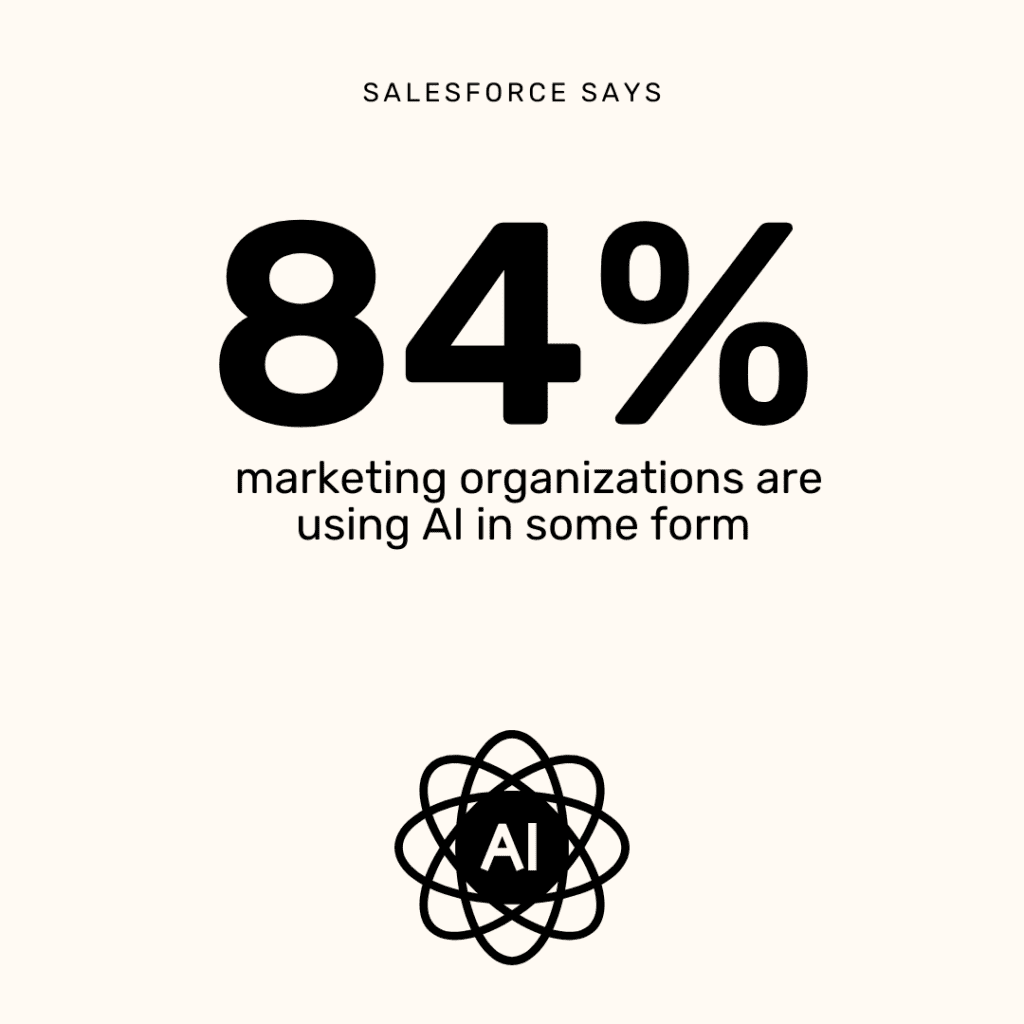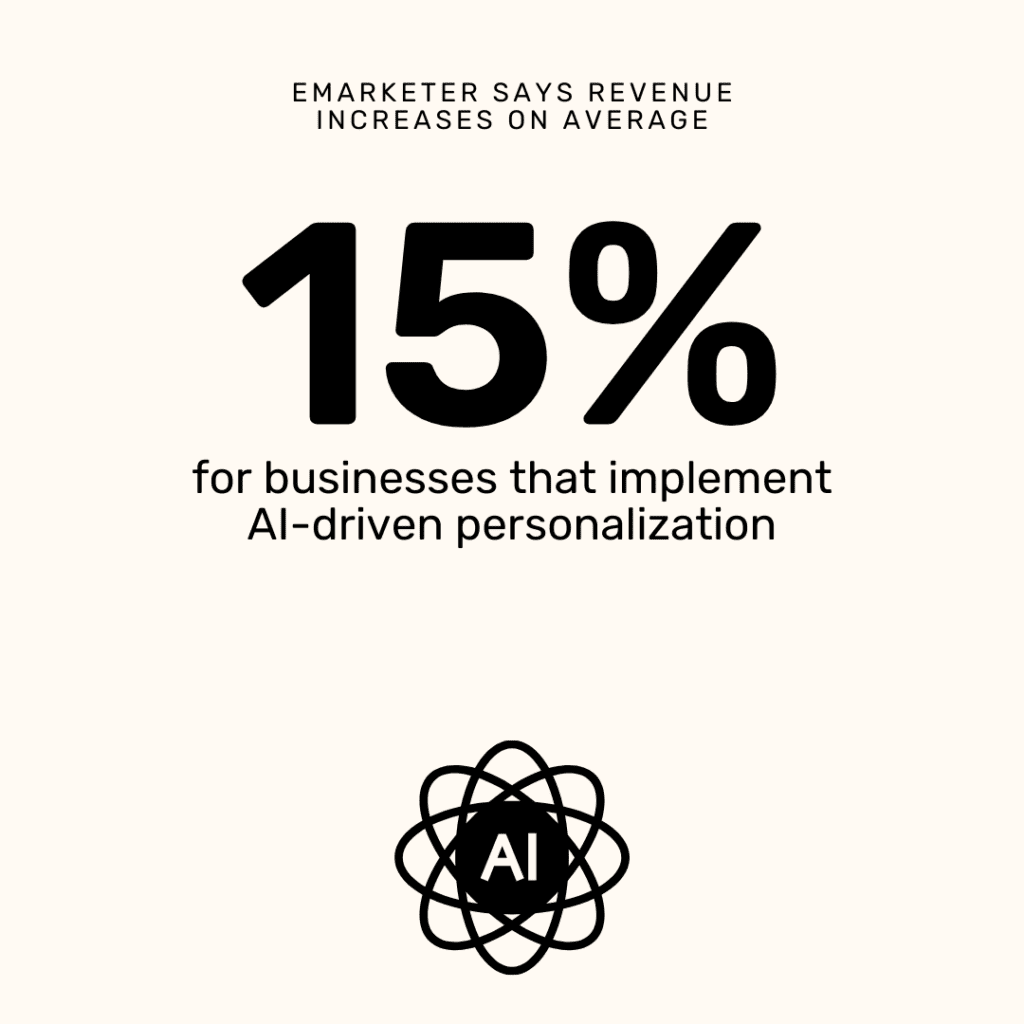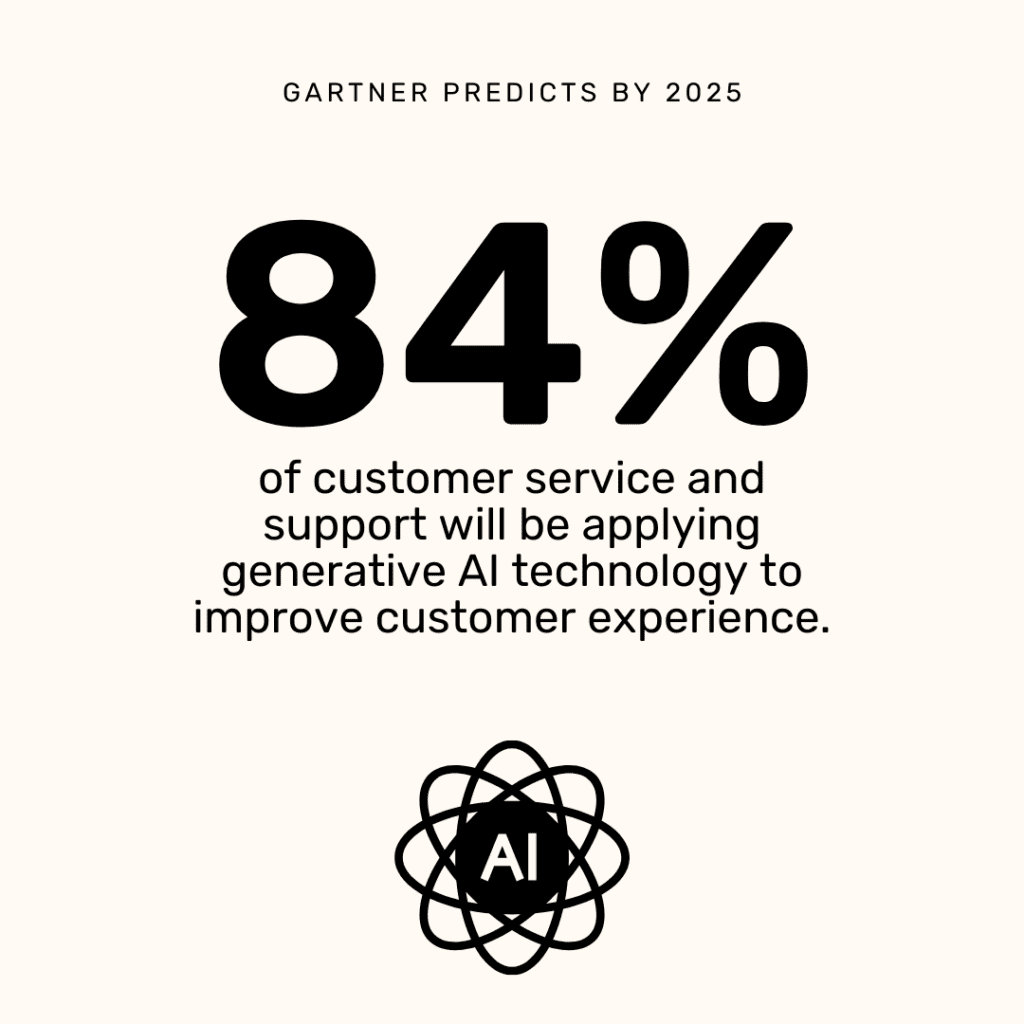AI in Advertising: Future of Targeted Marketing & Customer Engagement
Artificial Intelligence (AI) isn’t just a buzzword—it’s a revolution. If you’re a marketing director, you’ve likely felt the tremors of this shift. AI in advertising is transforming how brands connect with consumers, offering the tools to make marketing strategies more personalized, efficient, and impactful. As businesses increasingly lean on data-driven insights, AI-driven marketing strategies have become indispensable. AI is the driving force behind more effective targeting, deeper customer engagement, and, ultimately, higher returns on investment.
So, why is AI the future of advertising? The answer lies in its ability to harness vast amounts of data, enabling brands to deliver personalized experiences that resonate with individual consumers. With consumer expectations constantly rising, AI in digital marketing provides the precision and scalability needed to meet these demands, making it a crucial component of any successful marketing strategy.
The Evolution of AI in Advertising
Early Uses of AI in Marketing
Think back to the early days of AI in advertising—simple algorithms that automated ad buying and targeted specific audiences more precisely than traditional methods. These were the building blocks of today’s sophisticated AI systems. While rudimentary, they laid the groundwork for what has become a game-changing tool in modern marketing.
Current State of AI in Advertising
Fast forward to today, and AI is at the heart of digital marketing. AI-powered advertising now drives platforms like Google Ads and Facebook Ads Manager, optimizing campaigns in real-time to ensure ads reach the right audience at the right time. The landscape is dominated by AI-driven tools offering capabilities like real-time bidding, dynamic ad placement, and predictive analytics.
Consider this: According to a report by Salesforce, 84% of marketing organizations are using AI in some form. This widespread adoption isn’t just a trend—it’s a testament to AI’s significance in shaping today’s AI-driven marketing strategies.

AI-Powered Targeted Marketing
What is Targeted Marketing?
Targeted marketing is all about delivering the right message to the right audience. In a world where consumers are bombarded with ads, how do you ensure your message cuts through the noise? AI in digital marketing is the answer. By identifying and segmenting your audience, AI enables you to deliver personalized content that truly resonates.
How AI Enhances Targeted Marketing
Here’s where AI takes things to the next level. Machine learning algorithms can analyze vast amounts of data to segment audiences more accurately than ever before. Predictive analytics can forecast consumer behavior, allowing brands to tailor their messaging based on likely future actions. Just a few years ago, this level of personalization at scale was unimaginable.
For instance, Netflix’s recommendation engine uses AI in targeted marketing to suggest content based on your viewing history, while Amazon’s AI-driven shopping experience offers personalized product recommendations. Social media platforms also leverage AI to serve dynamic ads that change based on user interactions.
According to eMarketer, businesses that implement AI-driven personalization see an average increase in revenue of 15%. That’s the power of AI in driving targeted marketing success.

The Role of AI in Customer Engagement
Understanding Customer Engagement
Customer engagement is more than just interaction—it fosters loyalty and builds long-term relationships. Traditionally, this involved direct communication through channels like email, social media, and customer service. But AI in customer engagement is flipping the script, revolutionizing how brands engage with their customers.
AI Tools for Enhancing Customer Engagement
Imagine being able to engage with every customer instantly and personally. AI-powered tools are making that a reality. Chatbots and virtual assistants, like those offered by Drift and Intercom, provide instant support, guiding customers through their buying journey. AI-powered email marketing platforms like Mailchimp and HubSpot personalize communication based on user behavior, increasing open and click-through rates.
AI doesn’t stop there. Social listening tools with AI can analyze sentiment and identify trends, allowing brands to engage with their audience more effectively. For example, Sephora’s AI-powered Color Match tool offers personalized beauty recommendations, while Starbucks uses AI to send customized offers through its mobile app.
A study by Gartner predicts that by 2025, 80% of customer service and support organizations will be applying generative AI technology in some form to improve agent productivity and customer experience (CX).

The Future of AI in Advertising
Predicted Trends in AI for Advertising
So, what’s next for AI in advertising? Here are some trends shaping the future:
– Growth of AI-Driven Content Creation: AI tools like Jasper and Copy.ai are already capable of generating content, but we can expect even more sophisticated AI-driven content creation in the future.
– The Rise of Voice Search and Voice-Activated Ads: With the increasing popularity of smart speakers, voice search is becoming a significant channel for marketers. AI will play a crucial role in optimizing ads for voice search.
– The Evolution of AI in Video Marketing and Augmented Reality: AI will enable more personalized and interactive video content, and AR experiences will become more common in advertising.
Challenges and Ethical Considerations
While AI offers many benefits, it also presents challenges, particularly around data privacy and ethics. Brands must balance personalization with intrusion, ensuring that AI in digital marketing practices are ethical and transparent. As AI becomes more integrated into advertising, marketers must adopt ethical AI practices prioritizing consumer trust.
The Long-Term Impact of AI on the Advertising Industry
AI is reshaping marketers’ roles, automating many tasks requiring human intervention, freeing up marketers to focus on strategy and creativity, leading to more innovative campaigns. The potential for AI to create new marketing paradigms is immense, and brands that embrace AI in advertising will be well-positioned for success.
Case Study: Coca-Cola’s Use of AI for Content Creation
Background
Coca-Cola, one of the world’s most iconic brands, has always been a pioneer in marketing innovation. To maintain its leadership position, Coca-Cola recognized the need to personalize its marketing at scale, especially given its vast global audience with diverse tastes and preferences.
How Coca-Cola Implemented AI
Coca-Cola leveraged AI to analyze massive datasets, including customer preferences, social media trends, and purchasing behaviors. By using AI-driven tools like predictive analytics and natural language processing (NLP), Coca-Cola was able to generate personalized content that resonated with different segments of its audience.
One standout component of Coca-Cola’s AI strategy was the deployment of AI-powered chatbots across various social media platforms. These chatbots engaged with customers in real-time, answering questions, offering promotions, and suggesting personalized drink recipes based on user preferences. Additionally, Coca-Cola utilized AI-powered advertising to create dynamic, location-based advertisements that adjusted content depending on where and when the ad was being viewed.
Outcomes
The use of AI significantly boosted Coca-Cola’s marketing efficiency. Personalized content led to higher engagement rates, with customers spending more time interacting with the brand across digital channels. The AI-driven chatbots provided a more responsive customer service experience, increasing customer satisfaction. Moreover, dynamic, location-based ads saw higher click-through rates than traditional static ads.
Lessons for Today’s Marketers
1. Personalization at Scale: AI enables brands to deliver highly personalized content to large audiences, making each customer feel valued and understood.
2. Real-Time Engagement: Using AI-driven tools like chatbots can enhance customer interaction and provide immediate responses, improving overall customer experience.
3. Data-Driven Decision Making: AI allows marketers to analyze vast amounts of data to uncover trends and insights that can inform more effective marketing strategies.
Case Study: BMW’s AI-Driven Advertising Campaigns
Background
BMW, a global leader in the automotive industry, is known for its commitment to innovation and excellence. In an increasingly competitive market, BMW sought to differentiate itself by delivering highly targeted and personalized advertising campaigns. Traditional advertising methods were no longer enough to engage today’s tech-savvy consumers, so BMW turned to AI in advertising to revolutionize its marketing strategy.
How BMW Implemented AI
BMW utilized AI to enhance its digital advertising efforts, mainly through programmatic ad buying and dynamic creative optimization (DCO). By analyzing customer data such as browsing history, purchase behavior, and social media interactions, BMW created tailored ads that appealed to specific customer segments.
For example, BMW used AI to predict which models and features would most appeal to different demographic groups. The AI system then dynamically adjusted the content of the ads to match these preferences, ensuring that each customer saw a personalized ad relevant to their interests. Additionally, BMW employed AI-powered advertising to optimize the timing and placement of its ads, ensuring they reached the right audience at the right time.
BMW also experimented with AI-powered video ads that adapted in real-time based on viewer behavior. Depending on how the viewer interacted with the content, these ads could change their narrative, visuals, and call-to-action.
Outcomes
The AI-driven campaigns led to a substantial increase in engagement and conversion rates. BMW reported higher click-through rates and a significant boost in sales for the models featured in the personalized ads.
Lessons for Today’s Marketers
1. Enhanced Targeting: AI enables precise targeting by analyzing customer data and predicting preferences, leading to more relevant and compelling ads.
2. Dynamic Content Optimization: AI allows for real-time adjustments to ad content, improving engagement by delivering messages that resonate with individual consumers.
3. Efficient Ad Spend: AI helps marketers maximize their return on investment (ROI) by optimizing ad delivery, ensuring that marketing budgets are used more effectively.
AI in Advertising Conclusion
AI in advertising is not just a trend—it’s the future. By revolutionizing targeted marketing and customer engagement, AI is helping brands connect with consumers more meaningfully. As AI in digital marketing continues to evolve, it will offer even more opportunities for innovation and growth in the advertising industry.
